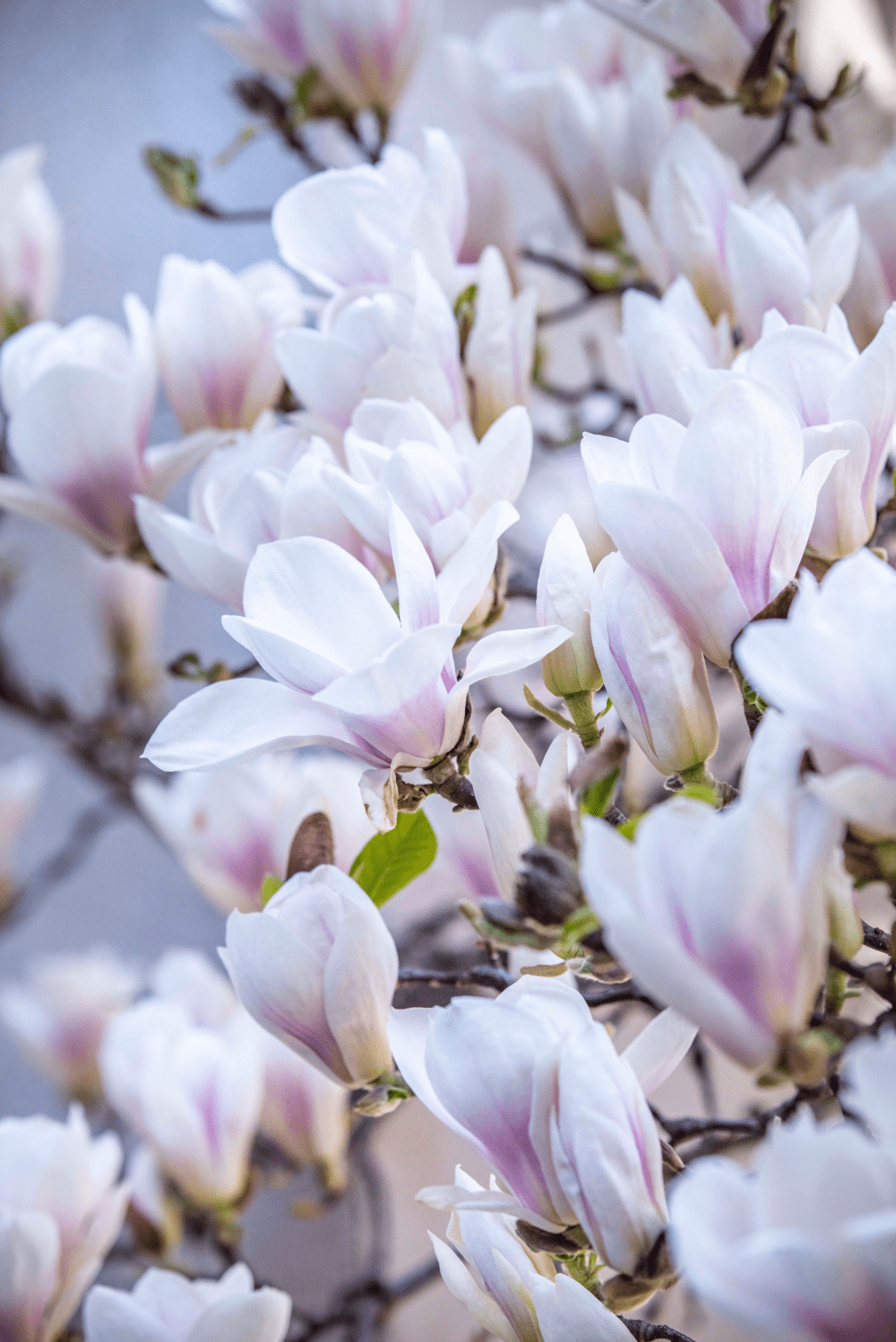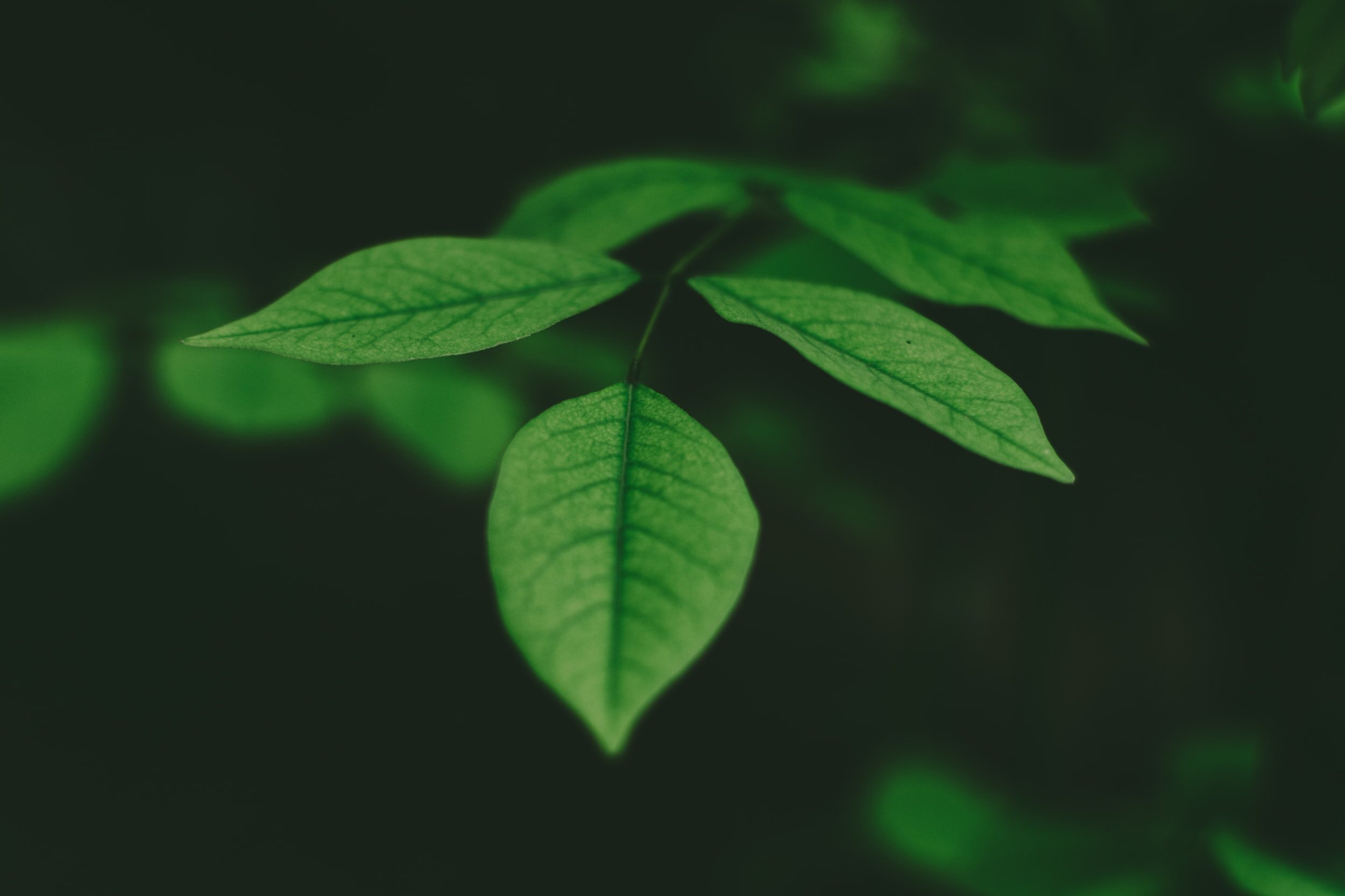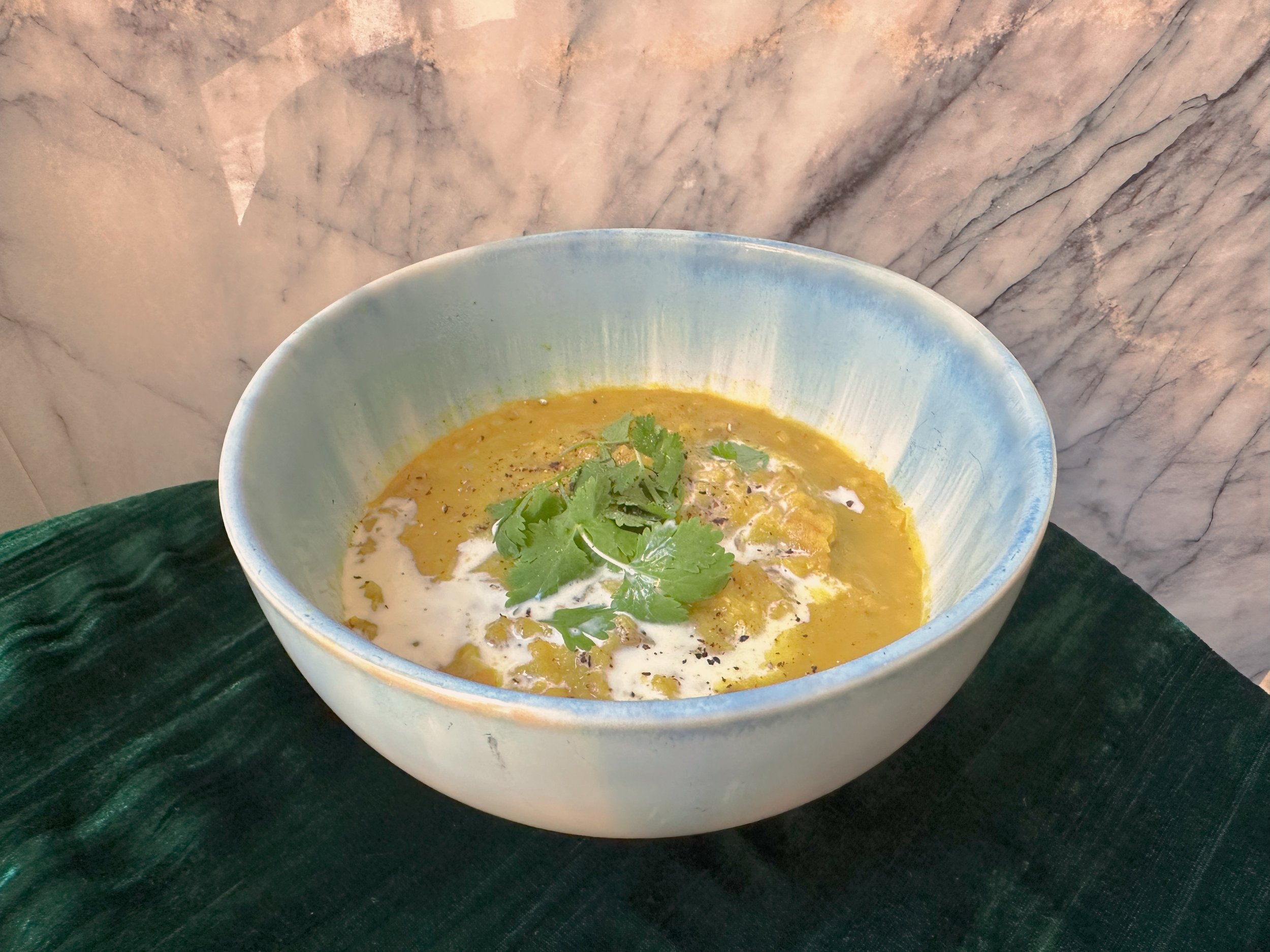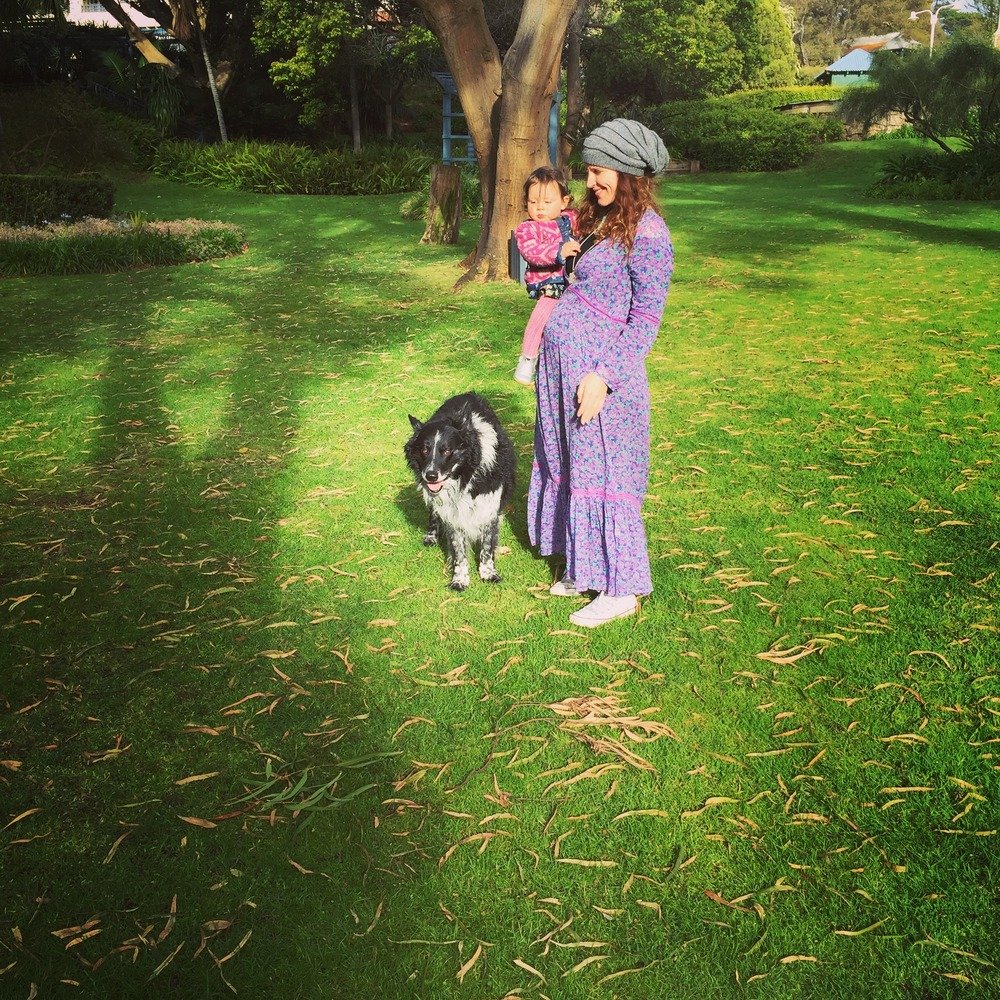If you need to be woken up in the morning – either by an alarm clock or by another person, then you’re not getting enough sleep. Many of my naturopath and massage clients report they have trouble sleeping. You can give yourself a better chance of a good night by following your body’s natural rhythms and these guidelines. .
Below I’ve listed nineteen - yes that’s NINETEEN - things you can do to improve your sleep at night.
1: Get out of bed at the same time each day.
Have a regular time of getting up out of bed. Regardless of what time you were in bed the night before get up at the same time each day.
2. Don’t lay in bed worrying.
Avoid lying in bed for long amounts of time worrying about sleeping. If you’ve been in bed for more than 30 minutes – or what feels like 30 minutes and your worried about sleeping – get up and go do something else in dim light (a few yoga stretches are ideal here) and then go back to bed when you’re sleepy.
3. Cut your day naps.
Avoid napping during the day – limit to a 20 minute powernap in the afternoon if necessary.
4. Get some sunshine.
Spend time outside in natural light during the day
5. Lay off irritants.
Avoid eating foods that may interrupt sleep such as acidic citrus, wine, beer or fatty foods that may cause indigestion.
6. Go natural.
Avoid Bright light exposure late in the evening, particularly blue light from electronic device screens. Turn off your devices at least half an hour and ideally an hour before bed. Sorry, no more scrolling your phone in the middle of the night.
7. Wind down
Avoid big heavy meals or sweaty workouts in the three hours before bed as the can be stimulating for your body and brain.
8. Be in the dark.
Make your room as dark as possible – remove all sources of light, such as digital clocks and the little lights that might be admitted from electronic equipment such as stereos or laptop charging plugs. This is because light interrupts your production of melatonin, the sleep hormone.
9. Get comfy.
Use a comfortable mattress and pillow for comfort and support
10. Don’t work in your bedroom.
Reserve your bedroom for sleeping and making love
11. No problem solving
Avoid thinking about troubling issues before bed. Allocate time earlier in the evening or day to worry and problem solve
12. Lay off the stimulants.
Eliminate all stimulants such as caffeine, sugar, soft drinks and nicotine, completely if possible but particularly after 3pm
13. Avoid alcohol
Reduce or eliminate alcohol – even one glass of wine interferes with healthy sleep and you wake feeling tired.
14. Avoid illicit drugs
Avoid illicit drugs – these mess with you and your sleep
15. Try and keep pets out of the bedroom .
Avoid having pets in the bedroom, and children (joke!). This is a tough one, obviously this comes down to personal choice and many of us choose to sacrifice good sleep in order to make our loved ones feel secure. The kids may take a few years to grow up and forgo their midnight cuddles, but if you can at least make a special sleeping space for your pets that’s not on your head, your health will be better for it.
16. Drink sleepy herbs
Try drinking a herbal tea before bed. Chamomile is wonderful, so is lavender, passionflower, lemon balm and oat straw. I’ve put all these gorgeous sleepy herbs in a delicious Sleep Tea blend, available in the Wild Grace Tea Shop.
17. Have a Bath
Have a warm bath before bed – extra points for placing Epsom or magnesium salts in the bath, lavender essential oil is wonderful for inducing sleep also.
18. Get the temperature right.
19 degrees celsius is the optimal temperature for good sleeping.
19. Create a routine
Create a bedtime routine for yourself: Set aside 30 – 60 minutes for winding down with a bath, self massage, breathwork, yoga, a meditation and listening to sleepy music. Spotify have some great playlists.


































For the sake of better health, I want you to think seriously and honestly about what habits are impacting negatively on your health and what can you can do to avoid those triggers.